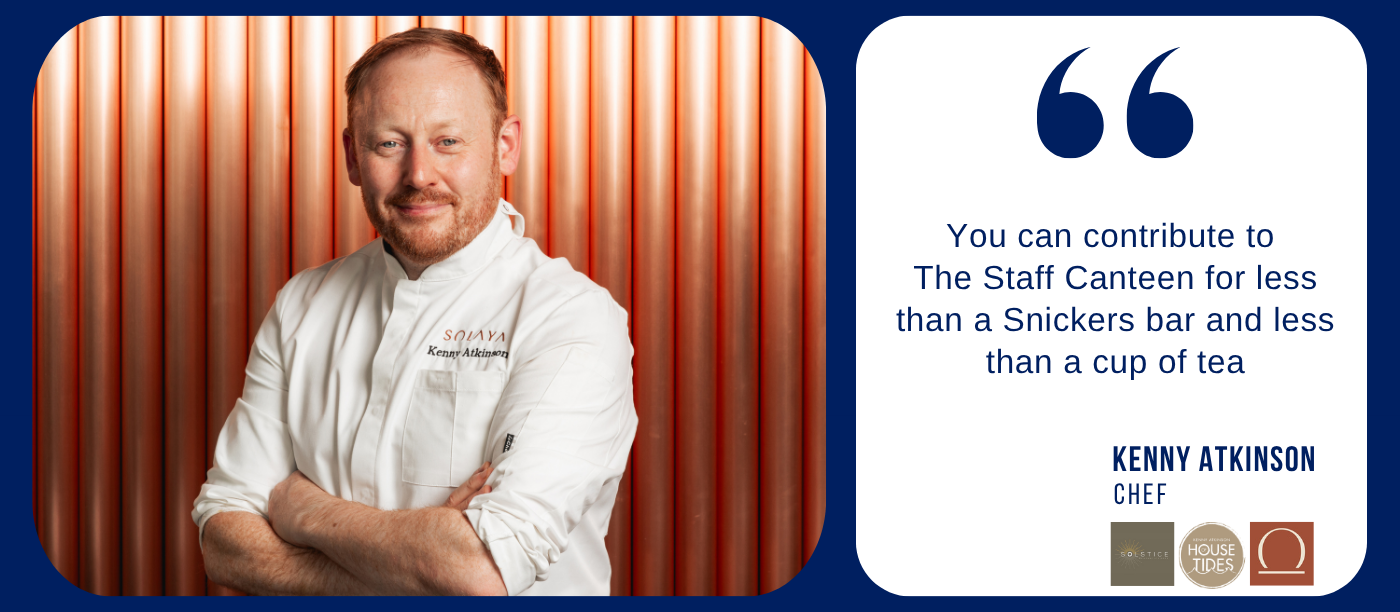Welsh breakfast.
- Dulse (Ireland and Scotland)
Dulse is a wild reddish-purple seaweed that has been harvested on the coasts of Ireland and

Scotland for many thousands of years. It is a highly nutritious, diverse and has a deep flavour and can be made into dishes such as broths, stews and soups.
- Carlin / Black Peas (Lancashire)
Black peas are a heritage variety of pea traditional to Northern England, and they date back to the reign of Elizabeth I. They are purple podded peas which come into season in June. Carefully dried and then soaked overnight, they are then cooked to produce a dish similar to pease pudding.

Records of this historic variety of broad bean go as far back as the 13th Century. The plants from which they are grown produce mauve coloured flowers and, typically, there are two beans to a pod. They are an excellent source of protein and can be enjoyed fresh, although traditionally they are dried and used in stews.
- Cromer Crab (East Anglia)
Cromer crabs are famous for their tender, fragrant meat and their high proportion of white meat to dark, attributed to the pure and nutrient-rich waters off the coast of Norfolk in which they are reared. Traditionally the crab industry was a large part of Cromer, however numbers have declined and now there are only around 35 boats left in service, which is why Slow Food have entitled it a Forgotten Food.
What is Slow Food?
Slow Food is all about helping people think differently about food. In the UK, we work to reconnect people with where their food comes from so they can better understand the implications of the

choices they make about the food they put on their plates. We encourage people to choose nutritious food, from sustainable, local sources, and which tastes great, through our education programmes.
What is Forgotten Foods about?
Our way of protecting Britain's edible bio-diversity: Slow Food UK’s Forgotten Foods is part of the International Ark of Taste network, which counts more than 1500 products from over 60 countries. Slow Food UK has contributed and saved 79 Forgotten Foods, which are often at risk of extinction. We aim to raise awareness about the products and traditional production methods so that they may be rediscovered and returned to the market.



















